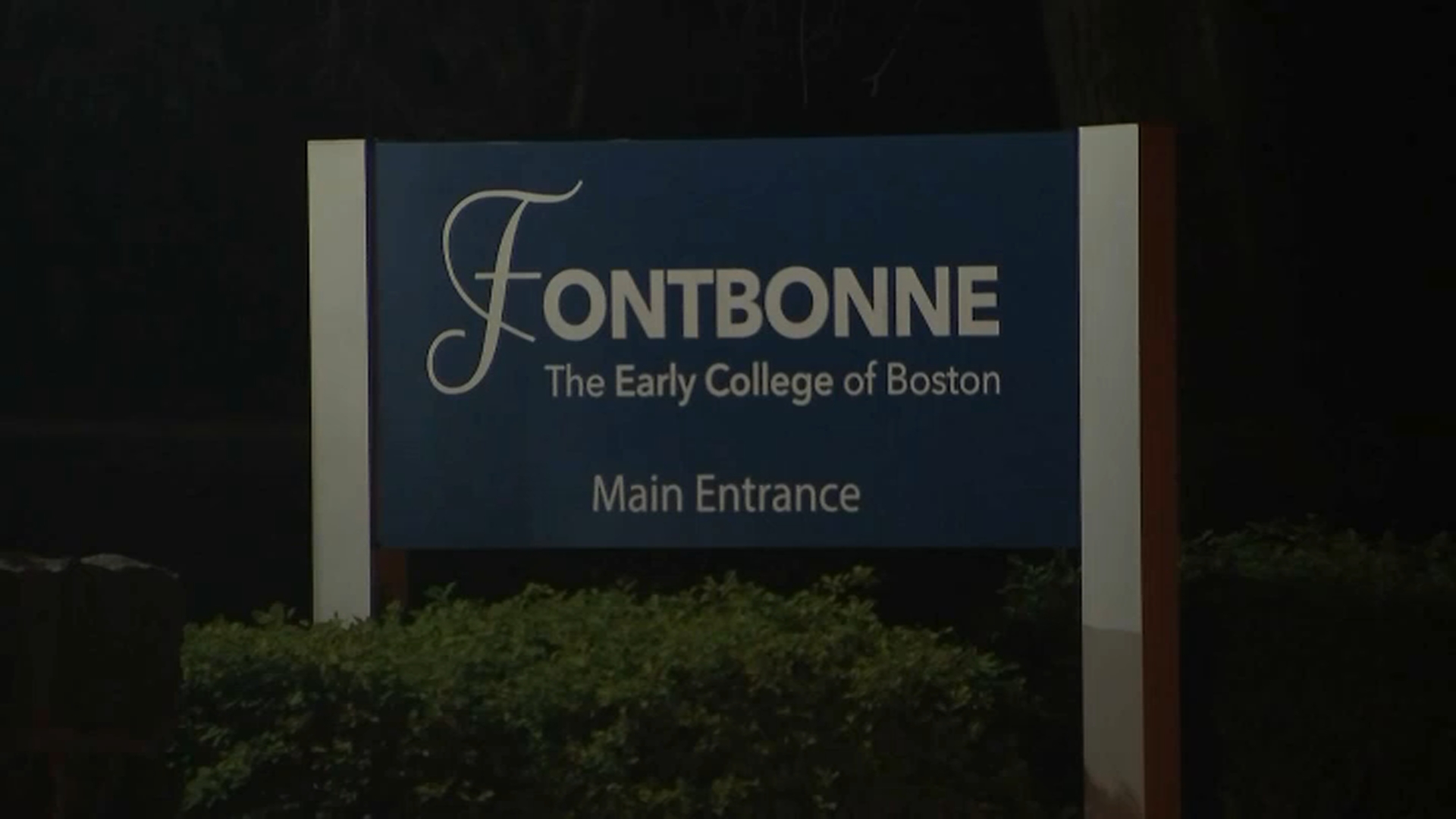Massachusetts is home to 31 drug courts where teams help treat mental health and substance abuse disorders that often lead to persistent criminal behavior.
“It’s to address people who are high risk, high need. And that generally means folks who have been in active addiction for a substantially long time and have a pretty significant criminal justice history as a result,” explains Judge Charles Groce III. He is the presiding justice of the Springfield Drug court, a position he describes as “absolutely the most fulfilling thing I’ve had a chance to do in my career.”
As Groce puts it, “I don’t really think there’s any crime where substance abuse is not part of it in some way.”
That includes theft, larceny, shoplifting, domestic violence, distribution of drugs, driving offenses and more.
Get Boston local news, weather forecasts, lifestyle and entertainment stories to your inbox. Sign up for NBC Boston’s newsletters.
“We recognized that all the punishment and adjudication has not in any way, shape or form significantly impacted the plague of addiction and has not assisted us in keeping folks out of the criminal justice system. So,” says Groce, “we're trying a more revolutionary and radical approach.”
It’s an approach that worked for Michelle Jackson, who struggled with addiction disorders for 20 years, starting when her mother gave her morphine.
“Recovery for me is not something that could happen overnight. It was my entire life buildup of trauma that I had to overcome and heal and learn things on how to live again. I lost my children. I lost my teeth,” says Jackson.
Local
In-depth news coverage of the Greater Boston Area.
“I was physically beaten to an inch within my life. I have been places that no human being should be.”
She was in jail many times, including once with her mother. Addiction issues have ravaged her family.
I was living on an animalistic level. I was so addicted and so out of my mind. I don't know what I did. And I was just living to die,
Michelle Jackson
Jackson says in the past two years she has lost her mother, a sister and two nephews to drug overdoses. In contrast, she says drug court saved her.
Groce calls her “living proof,” as in proof that drug court works. “For me this (drug court) is where it completely changes,” says Jackson. “Instead of being a cruel, punishing system… it gave me an opportunity to treat my disease, which would ultimately stop the criminal behavior.”
The drug court approach
Participants often come to drug court as a condition of probation. Drug court teams are led by a judge and may include a program coordinator, assistant district attorney, defense attorney, probation officer, clerk, case manager, specialty court clinician, and treatment providers.
“You are required to go to therapy, you are required to be employed or volunteer somewhere,” says Jackson.
Participants go through four phases that can take one to three years to complete: assessment and stabilization; intensive treatment; step-down treatment; and treatment maintenance and recovery. Then comes graduation.
Trauvon Bailey, now a Cambridge district court judge, was an attorney who served Jackson’s advocate. She says he “had the hugest impact on my life. And I truly believe without him, I would not be alive.”
Now Jackson is paying it back, working as a recovery coach for the Springfield Drug courts and a recovery coaching supervisor for the Behavioral Health Network.
“Being able to go back into the jail that I was once held at with my mother, going there weekly and putting on recovery groups for women still incarcerated still is the craziest thing,” says Jackson.
She is motivated by providing hope and inspiration to other women.
“If I can do it, anybody else can do it. That’s what drives me, is that I want other people to know that they can too, and they don't have to suffer. “I thought drugs were like the greatest high. I was wrong. The greatest high is watching someone else recover.”
Resources
Behavioral Health Network Inc. - Springfield, MA (bhninc.org)



